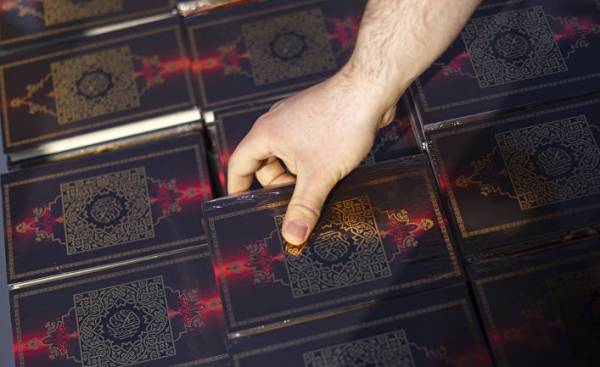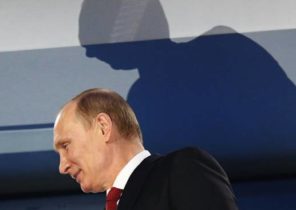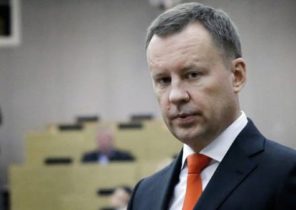
Why the visit of Pope Francis had complicated difficult role al-Tayeb, located between two lights between President al-Sisi and religious circles associated with the “Muslim brotherhood”
Most of all during the two-day visit of Pope Francis to Egypt risked the great Imam al-Azha Ahmed al-Tayeb. At least, this was mentioned by analysts-experts on the Middle East the next day after the announcement of the visit of the Pope in Cairo. The role al-Tayeb, caught between two fires between President Abdel Fattah al-Sisi and religious circles close to the “Muslim brotherhood” turned out to be very difficult. On the one hand, the President has demanded immediately to start a “revolution in Islam”, which was one of the main points of the government program, designed to demonstrate new “clean” image of the country, shaken by the attack of the fundamentalists.
On the other hand, the “Muslim brotherhood” were determined to resist any attempt to turn the Islamic credo in the liberal direction. Al-Tayeb was in the middle of the head of the institution, numbering 2 million students, scholars and imams.
“In the past 30 years in al-Azhar University were to come from the poorest students”, and “this factor determined the dominance here of the most people who can easily accept Wahhabism, and Salafi Islamism”, — told our publication Professor Wael Farouk, an Egyptian Muslim, lecturer at the Catholic University in Milan. Thus, any word of the Great Imam as one party or the other can turn into a tool. Among those who most actively argued with his performance (not devoid of ambiguous moments — for example, there were attacks on Jews-“the invaders”), was Islam, Buhari, Muslim intellectual, not so long ago released from prison, where he was for criticizing al-Azhar. In an interview with AsiaNews, the portal of the Pontifical Institute for foreign missions, he called it al-Tayeb, said in the meeting with the Pope, “meaningless.” This applies in particular to the Pope’s statement about the absence of logical justification for the violence in addition to the ideology of postmodernism and the desire of some States to trade weapons. “If it was said Buhari, “Islamic state” (declared a terrorist organization and banned in Russia — approx. ed.) defended the ideology of the postmodern. And anything like it is impossible even to conceive. It’s like saying: the sun does not Shine.”
But that’s not all: Behari also criticises the statements about “the arms trade” as the primary cause for the spread of terrorism. “If he believes that terrorism is associated solely with the arms trade, then we are dealing with a very serious problem: people are designed to deal primarily with religious terrorism does not even know the reasons for its existence.”
Importantly, continues the intellectual. “In our classical texts justice is calling for violence. We see people who blow themselves up, killing dozens of other people, because they read the texts that gave them carte Blanche for the killing of any person merely on the grounds that they see themselves as bearers of irrefutable faith, in accordance with which they do good in the name of Allah, sacrificing themselves and destroying themselves along with many others,” he said.
In short, “the issue is not confined to one weapon sales.” Behari, close to the position of al-Sisi to reform the religious discourse: “I ask al-Azhar to stop showing the world books written by some of the imams in the Middle ages that the University produces world under the guise of genuine heritage of Islam. Because the content of these books literally, literally on the dot, corresponds to what in practice makes ISIS”.
However, in a speech of the great Imam on the meeting with the Pope, there was also a mention of the Crusades. They were used as proof that religious wars have always existed in all denominations. This is not true, says Buhari, as “there is a role played exclusively by political reasons”. Makes sense, and given the other to al-Tayeb example — define world wars as “religious.” “In the world wars had no religious aspect,” he said Buhari.







